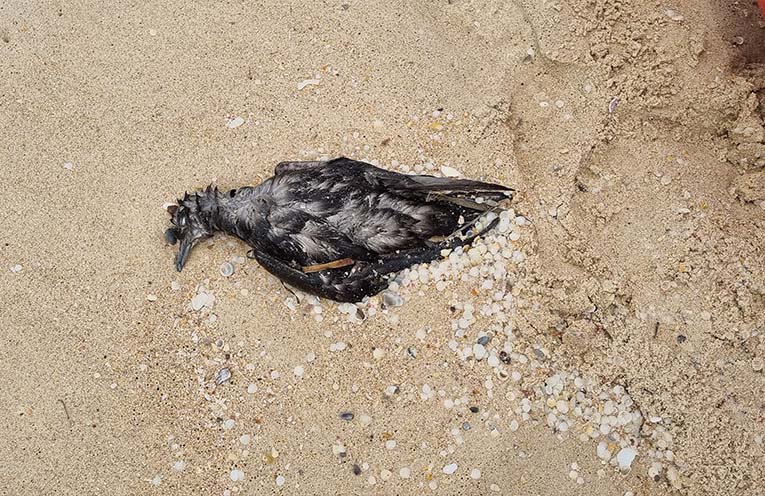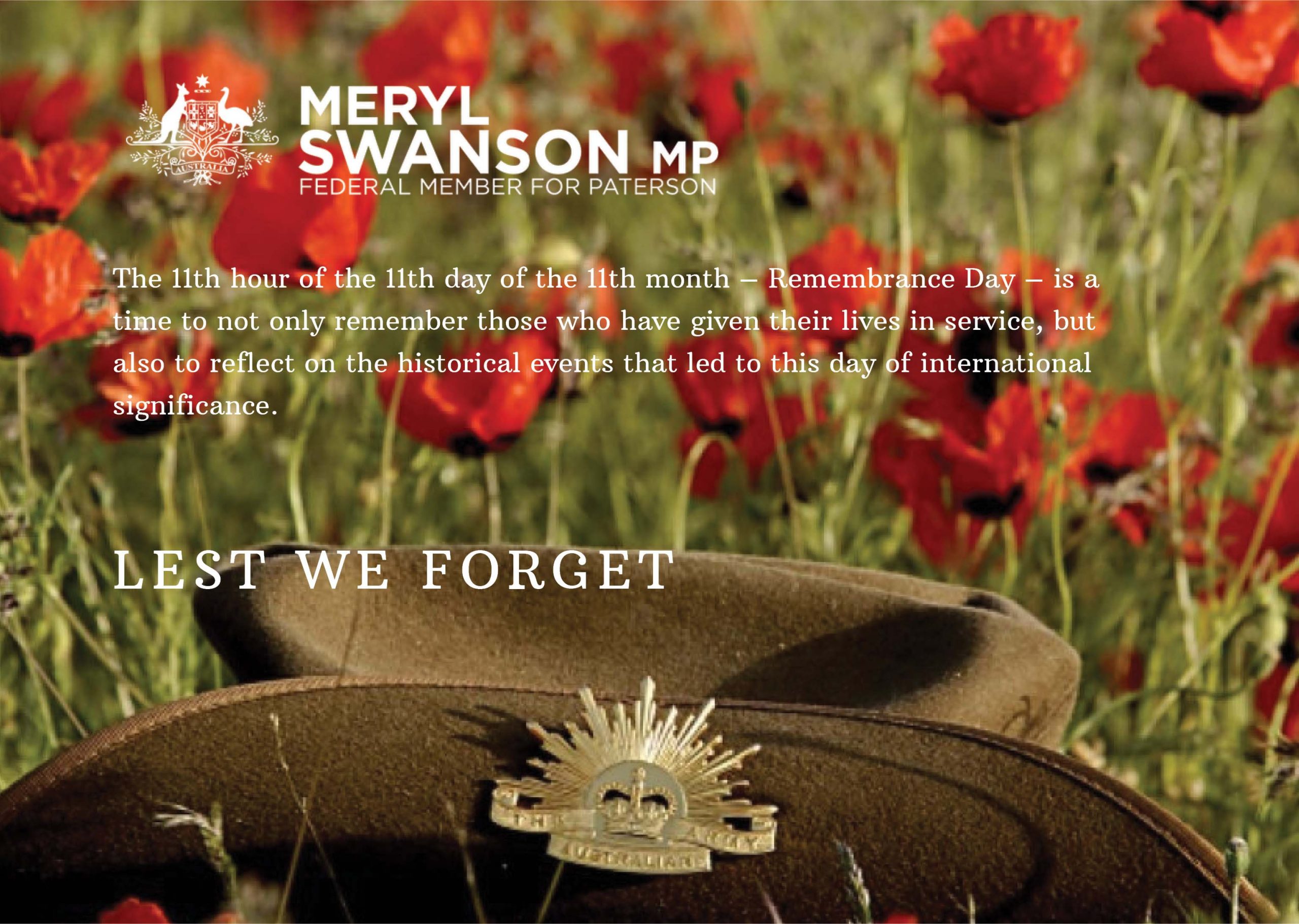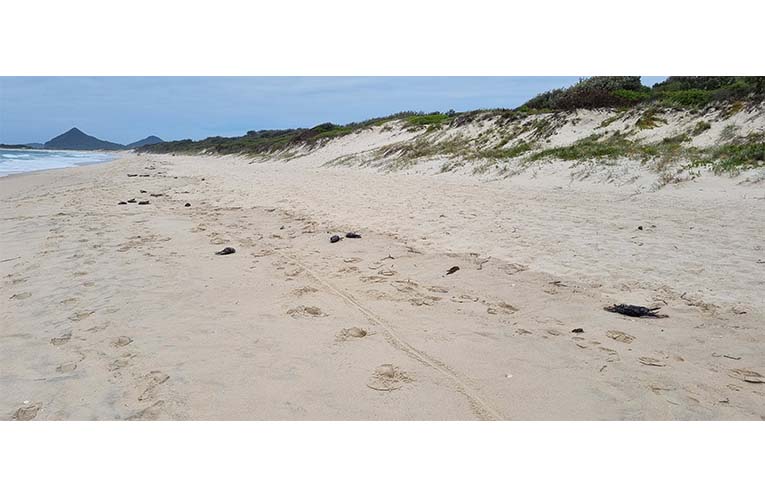
BENNETTS Beach at Hawks Nest hosts regular sightings of dangerous and injured animals and last Sunday was no exception.
The Tea Gardens Hawks Nest Surf Life Saving Club had already put up signs warning that deadly king brown snakes were about, but on 3 November, it was sharks keeping lifesavers busy.
 Advertise with News of The Area today.
Advertise with News of The Area today.It’s worth it for your business.
Message us.
Phone us – (02) 4981 8882.
Email us – media@newsofthearea.com.au
Early beachgoers who tried to make the most of the 21-degrees water temperature, had their time cut short when a fin was sighted by boardriders further out from the main crowd.
The water was evacuated and a second possible sighting was also logged.
“Radio reports told us that up and down beaches in Newcastle the sharks were quite active all day,” TGHN SLSC Secretary Kerrie Moore told News Of The Area.
“Remember that the water is the shark’s environment, so stay within the flags where we can keep an eye on you.”
The most visible and distressing element of the weekend however, was the sight of dozens of dead birds on the beach, strewn along the high-tide mark.
“Unfortunately, dead mutton birds are a normal thing this time of year,” Kerrie said.
“They are on migration from the northern hemisphere.”
Media reports from various sources dating back to 2013, appear to confirm that mutton birds, also called shearwaters, are seen along the eastern coastline quite often, with exceptionally large numbers every few years.
Neither universities, state government environmental departments, or media commentators can settle on a definite cause for the mass bird deaths, termed ‘seabird wrecks’.
The birds migrate up to 10,000 kilometres from the Bering Sea to Australian shores in late September to nest, with many believing they are simply exhausted from their epic journey.
Many of the birds that wash up are emaciated.
One theory posits that they may have suffered from food source scarcity, perhaps brought on by warming ocean temperatures.
On a happier note, the first Nippers event of the 2024/25 season was held at the relatively calmer Jimmys Beach on Sunday with nothing spoiling the morning for the 140 kids now in the local program.
By Thomas O’KEEFE
